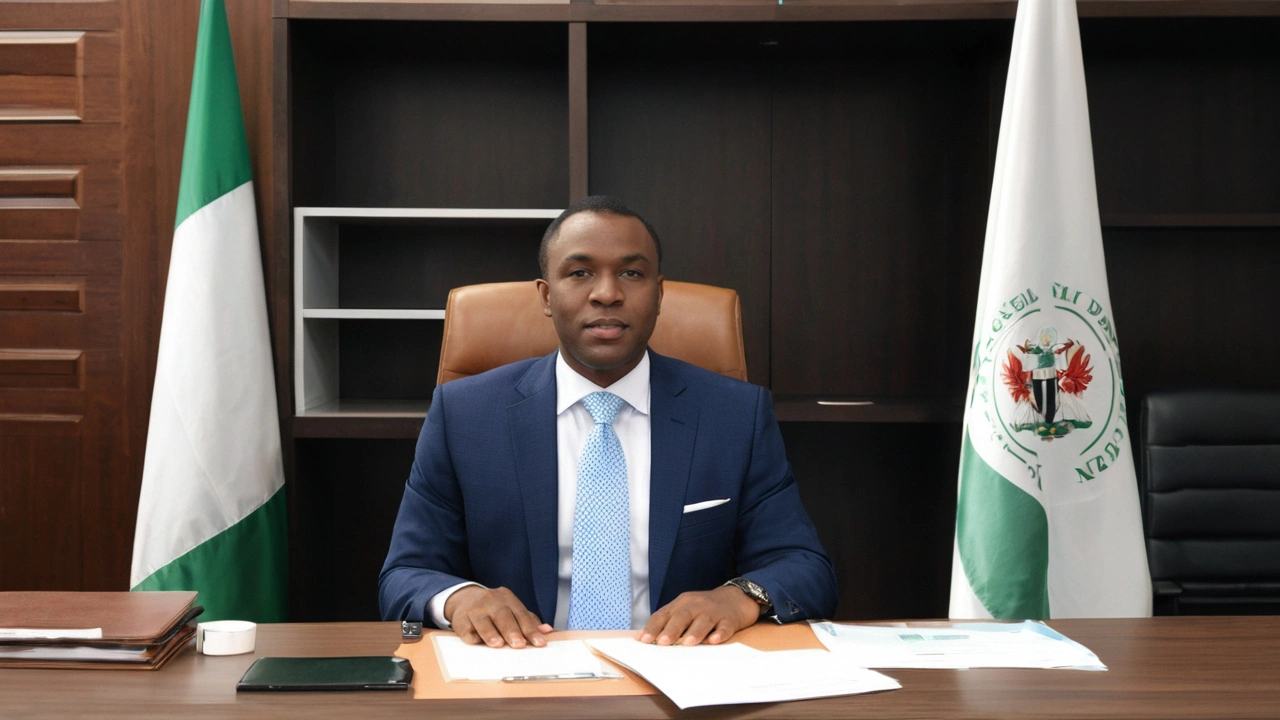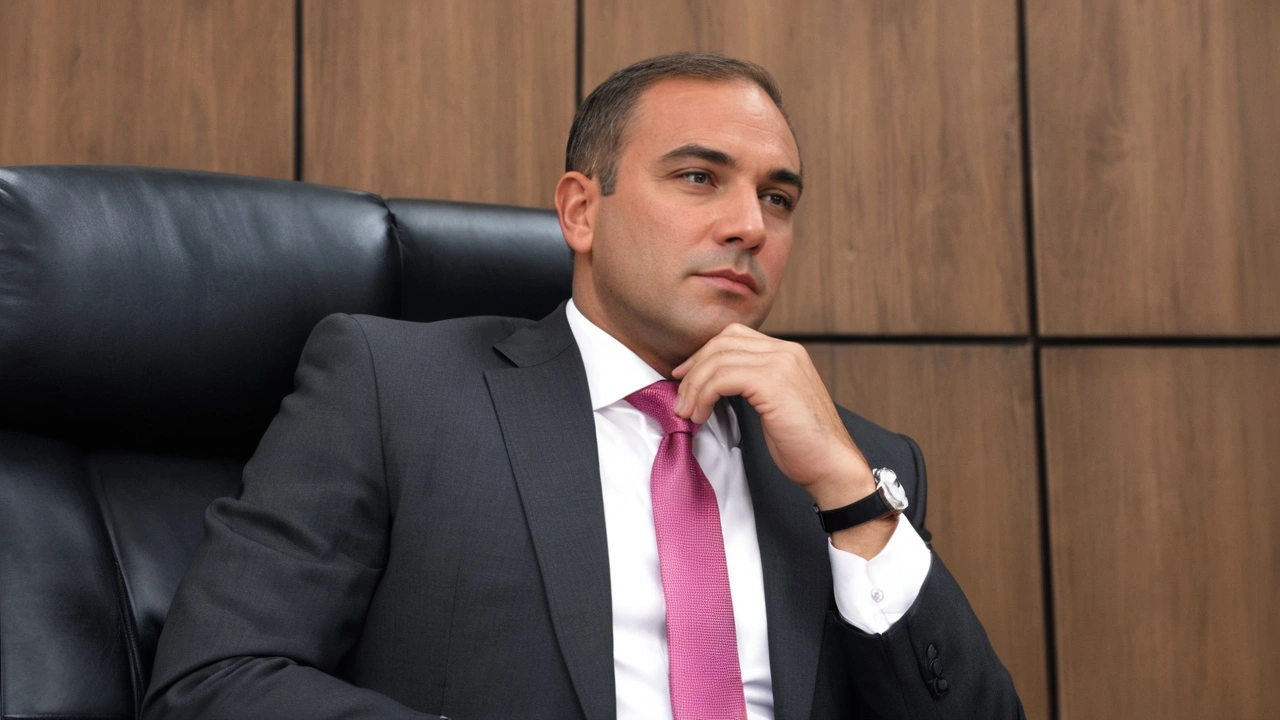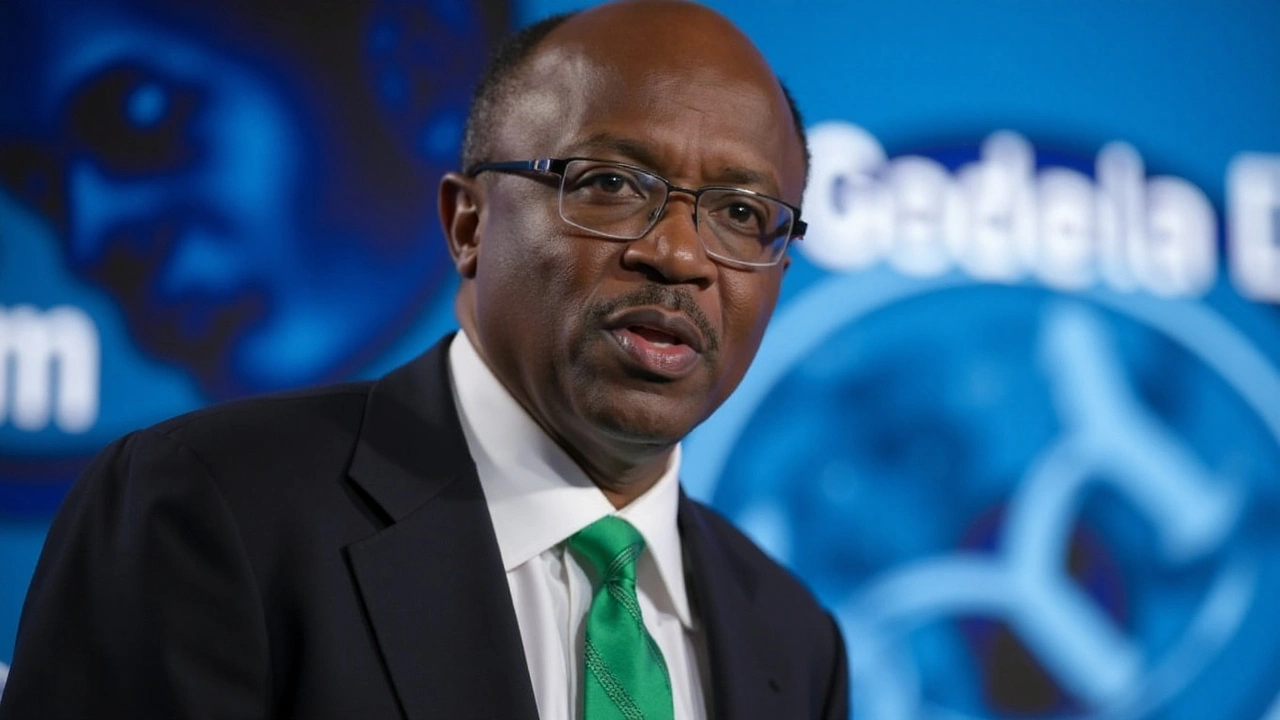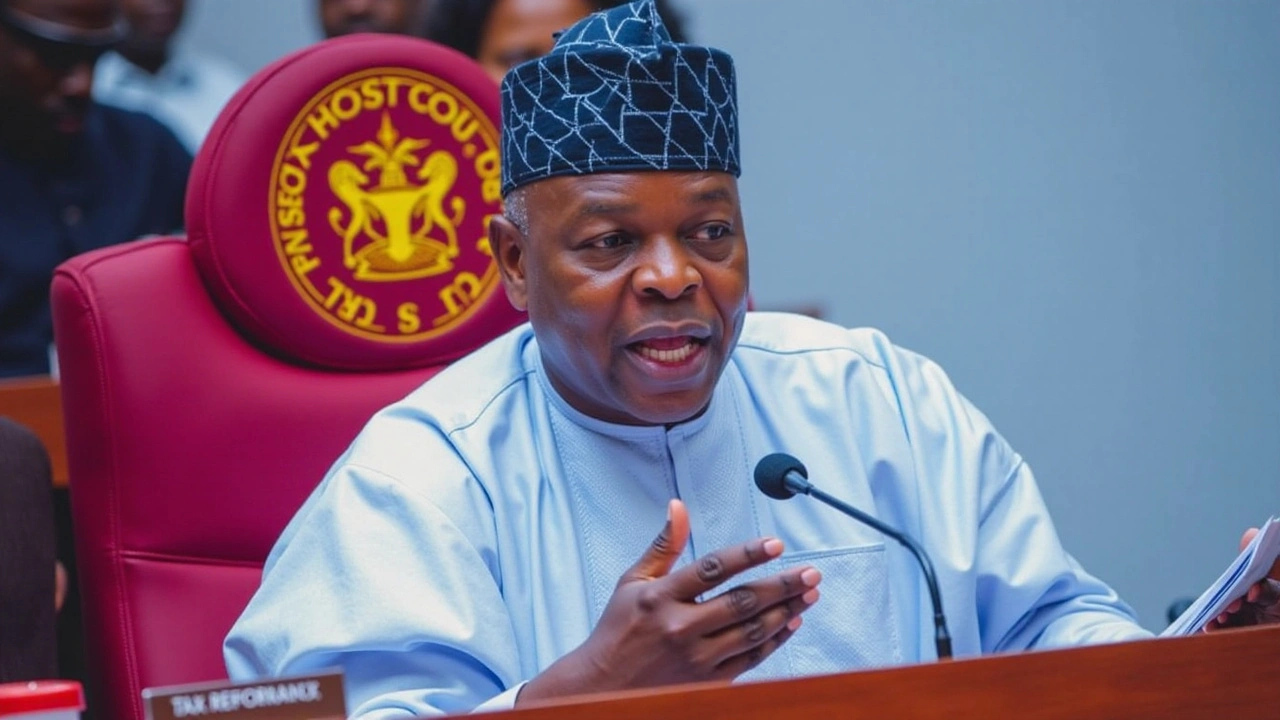WhatsApp's Threat to Leave Nigeria: An Attempt to Shift Public Opinion, FCCPC Claims

The Controversy Surrounding WhatsApp and Nigeria's FCCPC
The dramatic standoff between Meta Platforms Inc. and the Federal Competition and Consumer Protection Commission (FCCPC) of Nigeria has taken a tumultuous turn. Recently, the FCCPC slapped a hefty $220 million fine on Meta, prompting WhatsApp's parent company to issue a threat of potentially discontinuing its services in the country. This unprecedented move has escalated into a heated debate, with the FCCPC labeling the threat as an attempt to manipulate public sentiment and pressure the commission into backing down on its decision.
The situation unfolded after a thorough, 38-month investigation by the FCCPC into Meta's business practices, particularly focusing on data privacy and consumer rights. The commission found that Meta had committed multiple violations of both the Federal Competition and Consumer Protection Act (FCCPA) and the Nigeria Data Protection Regulation (NDPR). The alleged infringements included unauthorized data sharing without explicit user consent and discriminatory practices against Nigerian users compared to those in other regions.
Data Privacy and Consumer Rights at the Core
One of the most pressing concerns highlighted in the FCCPC's investigation was Meta's handling of user data through its popular messaging app, WhatsApp. According to the commission, WhatsApp has been sharing user data with Facebook and other third parties without obtaining clear and direct consent from its users. This practice stood in stark violation of Nigeria's stringent data protection laws, which emphasize user autonomy and consent over personal information.
In response to these findings, the FCCPC issued an order demanding immediate changes in WhatsApp's data handling policies. Key requirements included halting the sharing of user data without explicit permissions, providing transparent information on data collection methods, and restoring users' control over their personal information. The commission also underscored the necessity for Meta to align its practices with Nigerian laws and to treat Nigerian users equitably compared to users in other regions.

Meta's Reaction and Public Statements
Predictably, Meta Platforms Inc. reacted strongly to the FCCPC's ruling. In an official email, a WhatsApp spokesperson expressed severe concerns about the feasibility of continuing their services under the new regulations. The spokesperson argued that WhatsApp's operation greatly depended on the data infrastructure provided by Meta and that complying with the order could undermine the service’s functionality.
The representative stated, “WhatsApp relies on limited data to run our service and keep users safe, and it would be impossible to provide WhatsApp in Nigeria, or globally, without Meta’s infrastructure. This order contains multiple inaccuracies and misrepresents how WhatsApp works, and we are urgently appealing the order to avoid any impact to users.”
This statement effectively suggested that the regulatory changes would not just affect operations in Nigeria, but could potentially have global implications. This raised alarms among the Nigerian user base, who rely heavily on WhatsApp for daily communications and business interactions.
The FCCPC's Counterargument
In a concise yet powerful post on X (formerly Twitter), the FCCPC responded to Meta's claims, suggesting that the tech giant's threats were strategically designed to sway public opinion. The commission argued that Meta's stance aimed at coercing the FCCPC into reconsidering its decision, which could set a dangerous precedent for regulatory bodies attempting to enforce data privacy laws.
The FCCPC maintained that Meta had violated Nigerian laws by exploiting consumer data without authorization, implementing unfair privacy policies, and showing prejudice against Nigerian users. The consumer protection body emphasized that its actions were not only in line with national regulations but were also a positive step towards establishing a fair digital market in Nigeria. Moreover, similar regulatory measures have been enforced in other jurisdictions without resulting in the concerned companies exiting those markets.

The Larger Implications
The ongoing clash between Meta and Nigeria's FCCPC brings to light broader issues related to data privacy, consumer rights, and corporate accountability. It opens up critical debates on how global tech giants should be held accountable for their practices in different jurisdictions. Data privacy has become a focal point in regulatory frameworks worldwide, and the actions of the FCCPC serve as a crucial reminder that user data must be handled with the highest degree of responsibility.
Meta's predicament in Nigeria may well become a landmark case, potentially influencing how other nations approach data privacy and corporate governance. As technology continues to weave itself into the fabric of everyday life, ensuring fair and ethical practices by powerful tech corporations becomes increasingly critical. This case against Meta is not just about Nigeria; it represents a broader push towards holding international companies accountable and protecting consumer rights on a global scale.
What Lies Ahead
As the appeal process continues, it remains to be seen how Meta will navigate this complex regulatory landscape. Both the company and the Nigerian authorities have dug in their heels, with neither side showing signs of backing down. For millions of Nigerian WhatsApp users, the outcome of this dispute will have significant implications on how they communicate and manage their personal data in the digital age.
What is clear is that this saga will likely set a precedent for how other countries handle similar disputes with tech giants. From Europe to Asia, many regulatory bodies will be watching closely to see how the situation in Nigeria resolves, potentially modeling their own regulatory efforts after the FCCPC’s steps.
In the meantime, Nigerian users are left in a state of uncertainty, unsure of whether they will soon need to find alternative communication platforms. The FCCPC continues to advocate for user rights and ethical corporate behavior, emphasizing that the $220 million fine and the required operational changes are steps towards a more transparent and fair digital ecosystem in the country.
Ultimately, the crux of this conflict lies in the balance between corporate interests and consumer rights. As technology evolves and becomes even more integrated into daily life, this balance will be ever more essential to maintain. The FCCPC's stance represents a bold step in this direction, showcasing the growing power of regulatory bodies to enforce laws aimed at protecting everyday users from potentially exploitative corporate practices.
As the world watches this unfolding drama, one thing is certain: the resolution of this issue will have far-reaching consequences, not only for Meta and Nigeria but also for the global tech landscape. The outcome may well shape future interactions between large technology firms and the regulatory bodies that oversee them, marking a significant chapter in the ongoing quest for digital fairness and corporate responsibility.



Shelby Mitchell
August 3, 2024 AT 02:10Trevor Mahoney
August 3, 2024 AT 21:14Jitendra Patil
August 4, 2024 AT 01:58Jared Ferreira
August 4, 2024 AT 02:48Kurt Simonsen
August 4, 2024 AT 06:47mona panda
August 5, 2024 AT 03:50Evangeline Ronson
August 6, 2024 AT 01:54Cate Shaner
August 6, 2024 AT 19:55Thomas Capriola
August 7, 2024 AT 14:34Rachael Blandin de Chalain
August 8, 2024 AT 09:38Soumya Dave
August 8, 2024 AT 16:24Chris Schill
August 9, 2024 AT 13:36cimberleigh pheasey
August 9, 2024 AT 14:24Tom Gin
August 9, 2024 AT 23:24Aileen Amor
August 10, 2024 AT 16:02Danica Tamura
August 11, 2024 AT 05:09